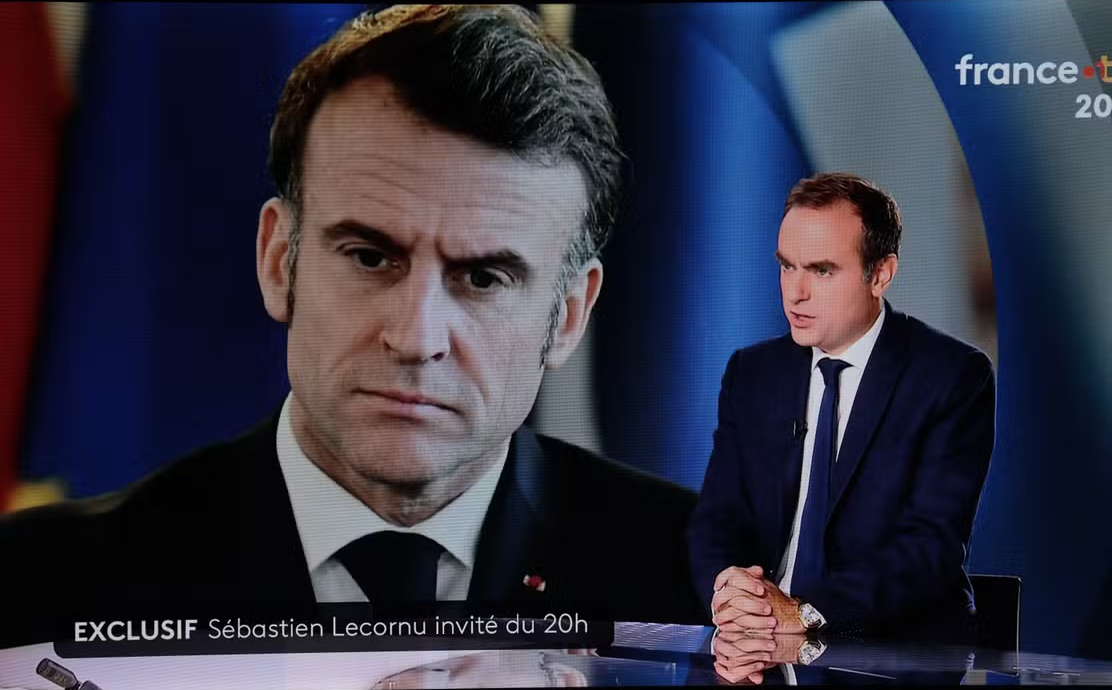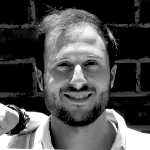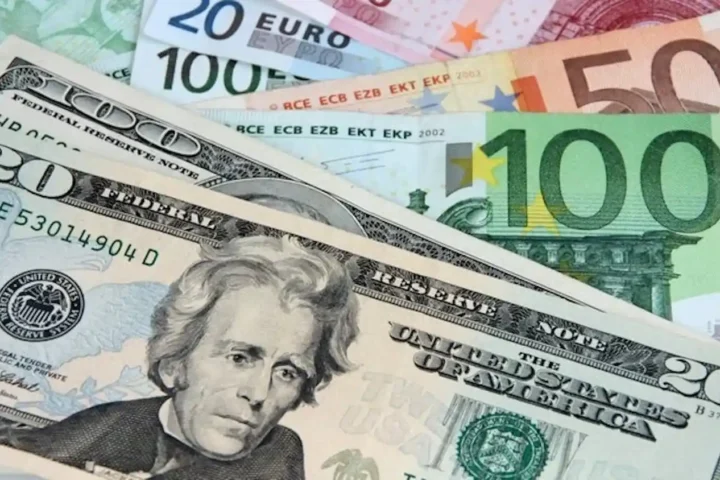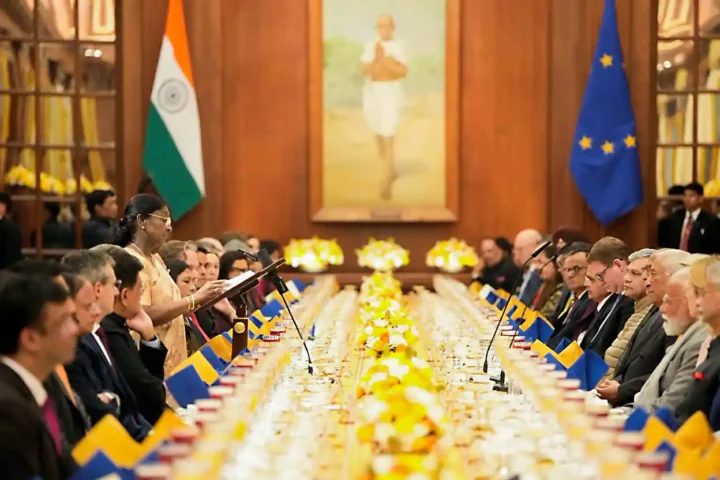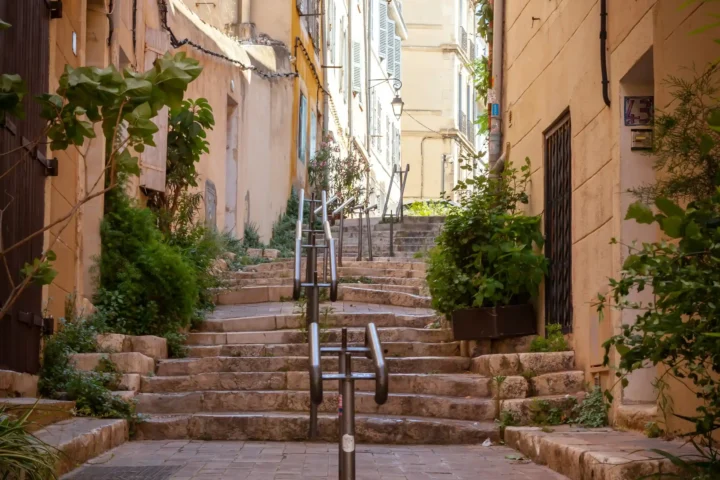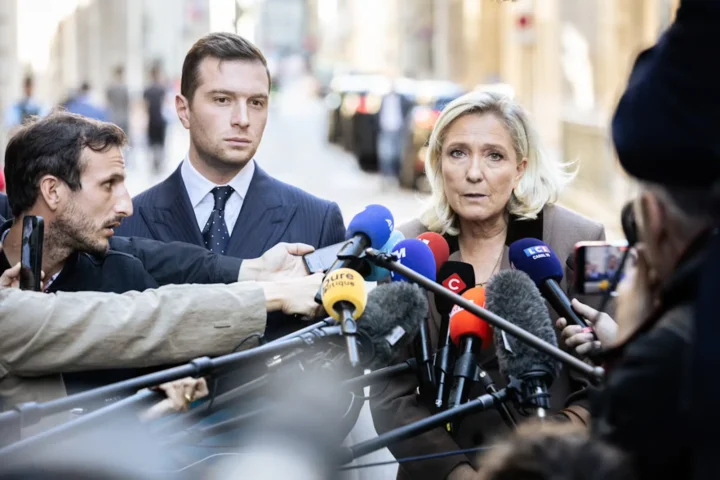France’s most prestigious short-term job is back on the market. President Emmanuel Macron is expected to name a new prime minister by Friday evening, following the resignation of Sébastien Lecornu’s government on Monday — a government that lasted barely half a day. Lecornu himself held the post for just 27 days, marking yet another chapter in the president’s revolving door of leadership.
Whoever Macron chooses will become his sixth head of government since his 2022 reelection — and inherit the unenviable task of steering a fractured parliament through a bruising budget battle while calming fears that the eurozone’s second-largest economy is slipping into political paralysis.
Jean-Louis Borloo: The Independent Centrist
Among the names circulating in the Elysée Palace is Jean-Louis Borloo, a veteran centrist and former minister who once owned the Valenciennes football club. Admirers describe him as an independent spirit — one adviser joked that Borloo “won’t be the man who has to ask the president permission to take a leak.”
Borloo’s distance from Macron’s inner circle is seen as both a strength and a liability. A founder of the small UDI centrist party, he could appeal to the left while remaining acceptable to the right. Yet, at 74 and long removed from frontline politics, critics question whether he has the energy for the job. The Socialist Party, whose cooperation may prove essential for any new government, has already indicated he would be unacceptable.
Sébastien Lecornu: The “Warrior Monk” Who Says He’s Out
Despite protestations to the contrary, speculation lingers that Macron could turn back to his recently departed prime minister. Lecornu, 39, resigned amid political deadlock but was immediately tasked with finding a way out of the crisis. He has since spent days in marathon meetings with party leaders and appeared upbeat about prospects for compromise.
Yet Lecornu insists his “mission is over.” In a primetime interview this week, he likened himself to a “warrior monk” ready to retreat. Reappointing him would likely inflame public frustration — Macron’s own approval ratings have hit new lows — and many in Paris view Lecornu as too closely tied to the president to offer a fresh start.
Boris Vallaud: A Socialist Option
Some insiders say Macron could break precedent by tapping the left for the first time in his presidency. Boris Vallaud, the Socialist leader in the National Assembly, is a name frequently mentioned. A former classmate of Macron’s at the elite École Nationale d’Administration, Vallaud worked alongside him in François Hollande’s Elysée before Macron’s dramatic departure to found his own party.
Vallaud has said his party is “ready to run the country, with a change of political direction.” That, however, may be the very reason Macron hesitates. A Socialist prime minister could demand a leftward turn that alienates both conservatives and centrists — a fragile balancing act that might collapse before it begins.
Pierre Moscovici: The Technocrat’s Answer
There is also talk of a more technocratic solution — a French version of Italy’s Mario Draghi. Pierre Moscovici, the head of the national audit office, fits that mold. A seasoned figure who has served under both Socialist and conservative presidents, Moscovici combines financial credibility with cross-party experience.
Currently tasked with overseeing France’s public spending, Moscovici is seen as someone who understands the budgetary crisis at hand — and could impose fiscal discipline without appearing overtly political. Conveniently, his term at the Court of Auditors ends later this year, making him potentially available for an Elysée rescue mission.
A Race Against the Clock
Macron faces growing pressure to make his choice swiftly. France’s budget deadline looms, the opposition is emboldened, and public patience is wearing thin. Whoever steps into the prime minister’s office in the coming days will inherit not just the keys to Matignon — but the near-impossible task of restoring order to a political system many now call “ungovernable.”
